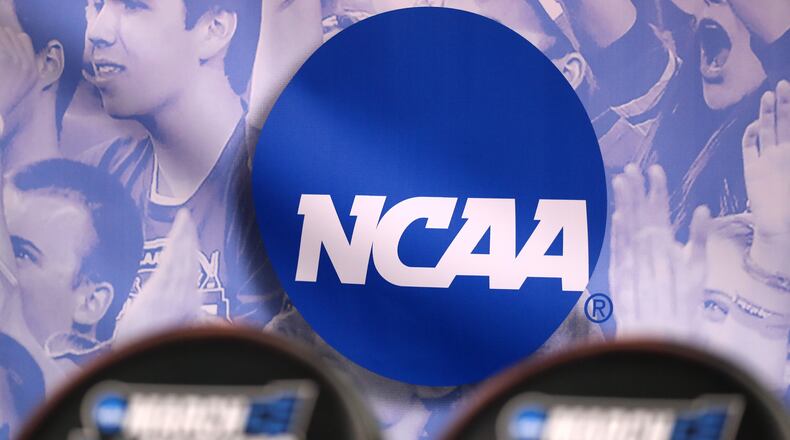With that in mind, here are some things to keep in mind if you want to stop being a sucker and make the system work for you:
1. Don’t use email (or anything that could be a public record).
As Jim Tressel learned (when someone emailed the former Ohio State coach, unfortunately for him, not because of something he initially did), this turns into a federally-protected paper trail.
Once something that could be a public record exists, the specter of it being found always lurks, whether that discovery is by reporters or criminal investigators (or really anyone with time to file a records request).
2. Avoid the attention of the feds.
This was also part of the Ohio State case in 2010, and it came to light again last month when college basketball was rocked by a nationwide scandal involving shoe companies, youth basketball and recruiting that is being investigated by the FBI.
The feds will find stuff the NCAA never will because they have far more power and far greater resources to allow them to apply it.
3. Only violate rules that aren’t specifically NCAA matters.
The first two tips not only make covering one’s tracks harder — if not impossible — they also open the door to other violations.
Namely the opportunity to lie about whatever the subjects of the emails or federal investigations are, which then becomes a violation in and of itself even if the original stuff turns out to be very small or nothing.
The NCAA can seem omnipresent, but it really only focuses on postseason competitions and establishing eligibility for those events.
(Yes, part of holding postseason competitions is taking money from people who want to watch them or broadcast them so other people can.)
As you surely know, various things are banned in the course of those activities to maintain “amateurism,” but lots of stuff falls outside the NCAA’s purview (like criminal activity, for instance).
Our third guideline, which was also at play when the NCAA backed down from sanctions against Penn State following the Jerry Sandusky scandal, was reaffirmed Friday in the North Carolina academic fraud case.
(Because “regular students” were also allowed to take the classes in question, this was not judged to be an extra benefit for student-athletes.)
Both times, the people acting on behalf of the NCAA essentially concluded/admitted they didn’t have jurisdiction to punish the actions that took place, even if those actions were clearly wrong in a general sense.
Both times that probably could have been interpreted differently, but it wasn’t, which leads us to a bonus bit of advice:
Now that you know how to avoid the NCAA’s wrath, feel free to go out and cheat under these guidelines.
Like a PSA during Saturday morning cartoons used to remind us, knowing is half the battle. They meant in dealing with house fires and stranger danger, but it also applies to deciding which NCAA rules to bend in these crazy times.
However, the conclusions of the NCAA’s various committees are not always consistent, so caveat emptor.
Ohio State football: Greg Schiano explains his view of targeting https://t.co/oqqsSrneFF
— Marcus Hartman (@marcushartman) October 13, 2017
The next time they might conclude they really do have the evidence to convict or that your particular controversy is in their jurisdiction even if your rival’s very similar situation last year wasn’t.
But, hey, unpredictability is one of the things we love most about sports, right?
About the Author

